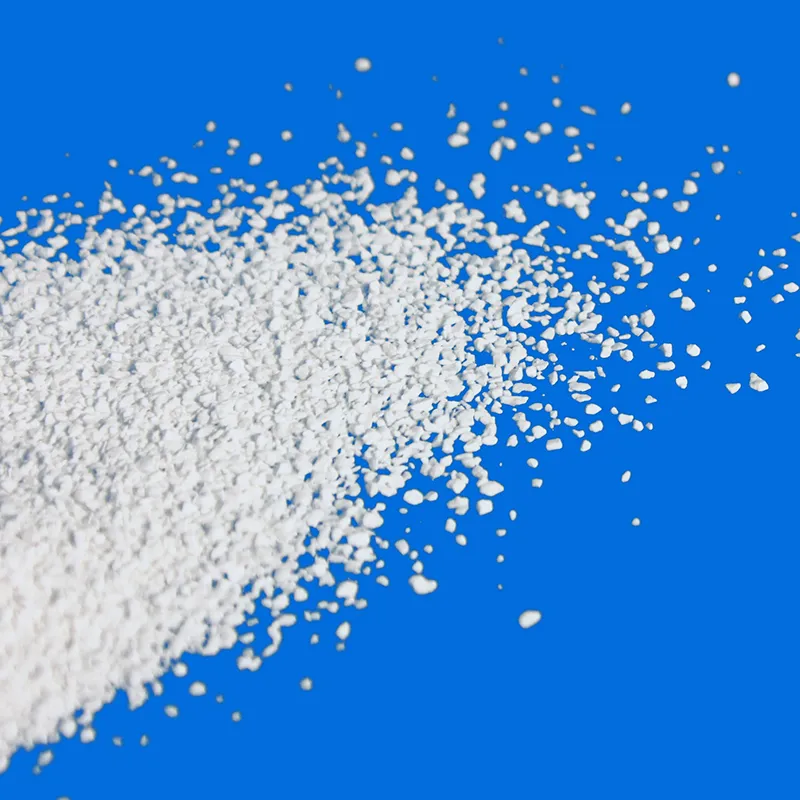
glycerin food additive
Glycerin as a Food Additive Uses, Benefits, and Considerations
Glycerin, also known as glycerol, is a colorless, odorless, and viscous liquid that is widely used as a food additive. It is a simple polyol compound, and its chemical formula is C3H8O3. Glycerin is derived from natural fats and oils through various processes, including the saponification of vegetable or animal fats. Due to its unique properties, glycerin has become an integral part of the food industry, serving multiple purposes in enhancing food quality and shelf life.
Uses of Glycerin in Food
One of the primary functions of glycerin in food production is its role as a humectant. Humectants are substances that retain moisture, and glycerin’s ability to attract and hold water makes it an invaluable ingredient in baked goods, confectionery, and dried fruits. By keeping products moist, glycerin helps maintain texture, freshness, and overall quality, preventing items from becoming stale or dry.
In addition to its humectant properties, glycerin serves as a sweetener. Although it is less sweet than sucrose (table sugar), its sweetness can add a pleasant flavor to various food products without significantly raising the glycemic index. This characteristic makes glycerin a popular choice in the formulation of sugar-free candies, beverages, and desserts, catering to individuals with dietary restrictions such as diabetes.
Furthermore, glycerin acts as a solvent for flavors and food colors, facilitating better dispersion and stability. It is frequently used in the preparation of flavor extracts and aromatics, ensuring that these additives are effectively incorporated into a wide range of food products. Additionally, glycerin is employed as a preservative, helping to prolong the shelf life of ready-to-eat meals, sauces, and dressings by inhibiting microbial growth.
Benefits of Glycerin in Food
glycerin food additive

Glycerin’s versatility as a food additive offers numerous benefits to both manufacturers and consumers. By improving texture and moisture retention, glycerin enhances the sensory experience of food, making it more enjoyable to consume. Its sweetening properties allow for the formulation of lower-calorie products, aligning with the growing consumer demand for healthier options without compromising on taste.
Moreover, the use of glycerin can contribute to food safety. As a preservative, it helps to reduce spoilage and food waste, providing economic benefits to manufacturers and consumers alike. With the global emphasis on sustainability, incorporating glycerin in food products aligns with efforts to minimize waste and promote longer-lasting food options.
Considerations and Regulations
While glycerin is generally recognized as safe (GRAS) by the U.S. Food and Drug Administration (FDA), there are some considerations to keep in mind. Excessive consumption of glycerin can lead to gastrointestinal discomfort, including diarrhea, particularly in individuals with sensitive digestive systems. As with any food additive, moderation is key.
It is also important for consumers to be aware of the source of glycerin. Although vegetable glycerin is widely available and preferred for its natural origin, glycerin can also be derived from animal fats, which may not align with the dietary choices of vegetarians, vegans, or individuals with certain religious dietary restrictions. Therefore, checking food labels for glycerin’s source can help consumers make informed choices.
Conclusion
In summary, glycerin is a multifunctional food additive that plays a vital role in enhancing the quality and safety of various food products. Its ability to retain moisture, provide sweetness, and serve as a preservative makes it a valuable ingredient in the food industry. As dietary preferences evolve and consumers become more health-conscious, glycerin’s role is likely to continue expanding, reflecting the ongoing innovation in food technology and formulation. With awareness of its benefits and careful consideration of its sources, glycerin remains an important component in the pursuit of better food quality and safety.
-
Why Glacial Acetic Acid Food Grade Is Essential in FlavorNewsMay.26,2025
-
Surging Export Growth of Food Additives in ChinaNewsMay.26,2025
-
How Ammonium Nitrate Fertilizer Boosts Crop YieldsNewsMay.26,2025
-
How 1,2,3-Benzotriazole Shields Plastics from UV DegradationNewsMay.26,2025
-
Cyanide in Gold Mining: Protecting People and the PlanetNewsMay.26,2025
-
Aluminum Hydroxide in Modern Sunscreen FormulationsNewsMay.26,2025
-
Understanding Synthetic Rubber OptionsNewsApr.27,2025
Hebei Tenger Chemical Technology Co., Ltd. focuses on the chemical industry and is committed to the export service of chemical raw materials.
-

view more DiethanolisopropanolamineIn the ever-growing field of chemical solutions, diethanolisopropanolamine (DEIPA) stands out as a versatile and important compound. Due to its unique chemical structure and properties, DEIPA is of interest to various industries including construction, personal care, and agriculture. -

view more TriisopropanolamineTriisopropanolamine (TIPA) alkanol amine substance, is a kind of alcohol amine compound with amino and alcohol hydroxyl, and because of its molecules contains both amino and hydroxyl. -

view more Tetramethyl Thiuram DisulfideTetramethyl thiuram disulfide, also known as TMTD, is a white to light-yellow powder with a distinct sulfur-like odor. It is soluble in organic solvents such as benzene, acetone, and ethyl acetate, making it highly versatile for use in different formulations. TMTD is known for its excellent vulcanization acceleration properties, which makes it a key ingredient in the production of rubber products. Additionally, it acts as an effective fungicide and bactericide, making it valuable in agricultural applications. Its high purity and stability ensure consistent performance, making it a preferred choice for manufacturers across various industries.











